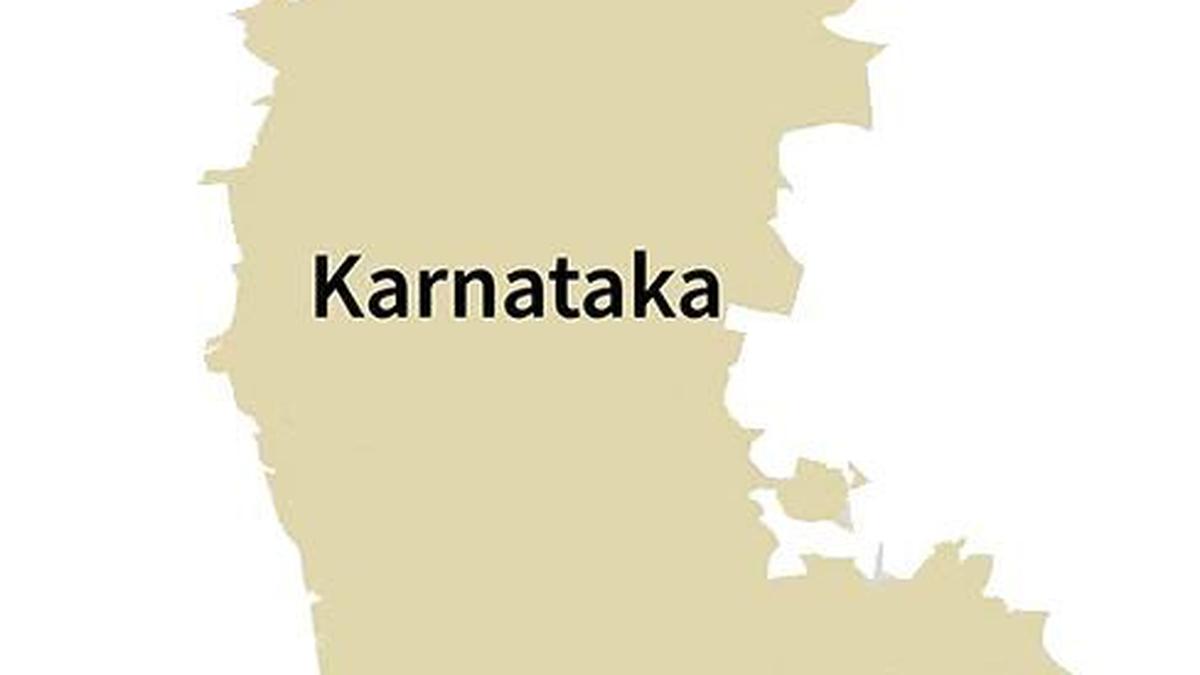The Siddaramaiah-led Congress government’s decision to invite International Booker Prize winner Banu Mushtaq to inaugurate the Mysuru Dasara — Karnataka’s Naada Habba (State festival) — on September 22 has sparked a controversy in Karnataka.
Inviting a Muslim woman to inaugurate the event has, not surprisingly, raised the hackles of the BJP and its affiliates, whose leaders are keen to see the festival as a singularly religious event and not what it has evolved into over the years — a festival that is undoubtedly rooted in the Hindu tradition, but has acquired a multi-dimensional character. It has, since the latter period of the Mysuru Wadiyar dynasty’s rule to the emergence of Karnataka as a democratic state, metamorphosed into a symbol of the State’s identity, a colourful pageantry attracting thousands of tourists from around the world, a business opportunity, a forum for performing arts and much more.
The BJP leaders have asked Ms. Mushtaq to “prove” herself to be deserving of the honour of inaugurating Dasara by throwing multiple challenges, going so far as to ask if she would turn up sporting vermillion and turmeric. Adding another twist, they asked why Deepa Bhasthi, the translator of the collection Heart Lamp that won the Booker, was not invited to inaugurate Dasara. Even as protests continue, reacting with restraint, the writer has said that she is honoured by the invitation and respects the spirit of the festival, which is an integral part of Karnataka’s shared culture.
Calling Dasara “Naada Habba” or calling Goddess Chamundeshwari “Taayi” (mother) are all part of a shared culture of respect and affection, she has said.
What has given added ammunition to the BJP arsenal is an old speech by Ms. Mushtaq in which she talks about how the depiction of the Kannada language as “goddess Bhuvaneshwari” is exclusionary. Though the question of using religious iconography to define national or linguistic identity has been debated for decades by academics and activists, edited clips of her speech made at the Jana Sahitya Sammelana in 2023, held to protest against that year’s Kannada Sahitya Sammelana excluding Muslim writers from it’s panels, have come in handy now.
Ms. Mushtaq is not the first Muslim to be invited to inaugurate the Dasara festival. Back in 2017, the late writer K.S. Nisar Ahmed had inaugurated the event. Though that choice too had faced opposition, the virulent attack on Ms. Mushtaq seems to be not just against her religious identity, but also her activism. She has consistently identified herself with the progressive stream in Kannada literature and has been a feminist and a critic of communal politics. Importantly, her criticism has been against patriarchy of all hues. Many stories in Heart Lamp depict the debilitating impact of Muslim orthodoxy on the women of the community.
Attempts to infuse Dasara with a secular character, while not doing away with the religious component, had begun during the later 19th and early 20th century. Nalvadi Krishnaraja Wadiyar — the modernist king whose regime was marked by several progressive educational, industrial, and social reforms — is credited with using the annual Dasara event as an opportunity to showcase his kingdom’s entrepreneurial spirit. Interestingly, there was opposition from the orthodoxy when the king took his trusted and long-serving diwan, Mirza Ismail, to accompany him in Jamboo Savari, the elephant procession on Vijayadashami, the finale of the celebrations and its centrepiece.
Reacting to the ongoing controversy, Pramoda Devi Wadiyar of the erstwhile royal family, who is the custodian of the palace traditions, has sought to draw the distinction between the “secular” and “religious” aspects of the festival. She has differentiated between the State government’s Dasara, a cultural celebration, and the one observed by her family, adhering to laid down religious traditions.
While also objecting to the statement of Deputy Chief Minister D.K. Shivakumar that “Chamundi Hills is not the property of Hindus alone”, she has hoped that “with divine blessings”, the disputes surrounding the festivities would give way to consensus and harmony.
But the BJP in Karnataka wants to spare no opportunity to portray the ruling dispensation as “anti-Hindu”, with no space for nuance. In the coastal region, it is painting the ongoing Special Investigation Team (SIT) probe into the alleged killings and burials in the pilgrim centre of Dharmasthala as a deliberate attack on the religion and religious place itself with multiple conspiracy theories afloat. In southern Karnataka, the party wants to portray a Muslim woman inaugurating Dasara as part of “appeasement politics” of the Congress. A communal disturbance during a Ganesha procession in Maddur town, in Old Mysore region, has added yet another dimension. While the ruling Congress seems to be on the backfoot on the Dharmasthala issue, it has stood its ground on the choice for Dasara inauguration.
Published – September 10, 2025 01:37 am IST
